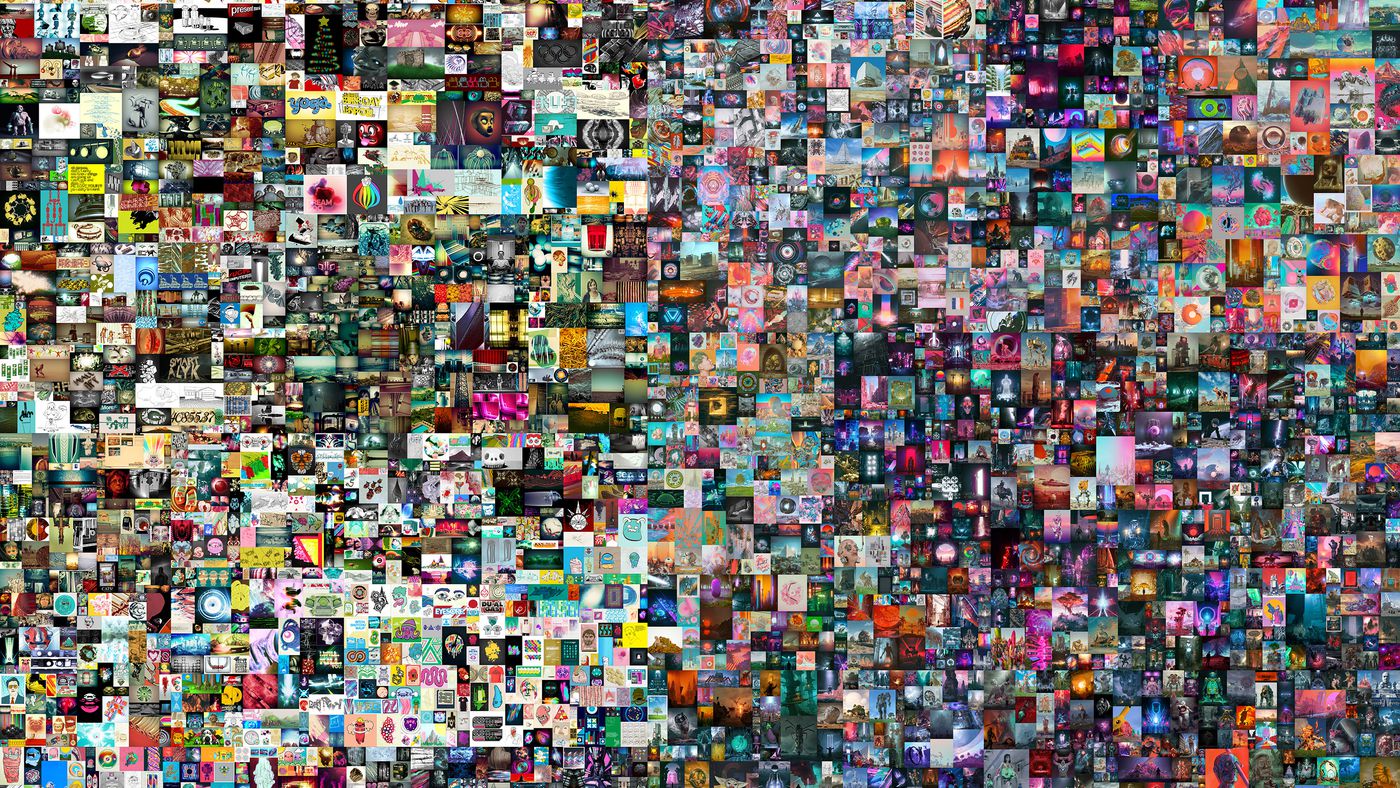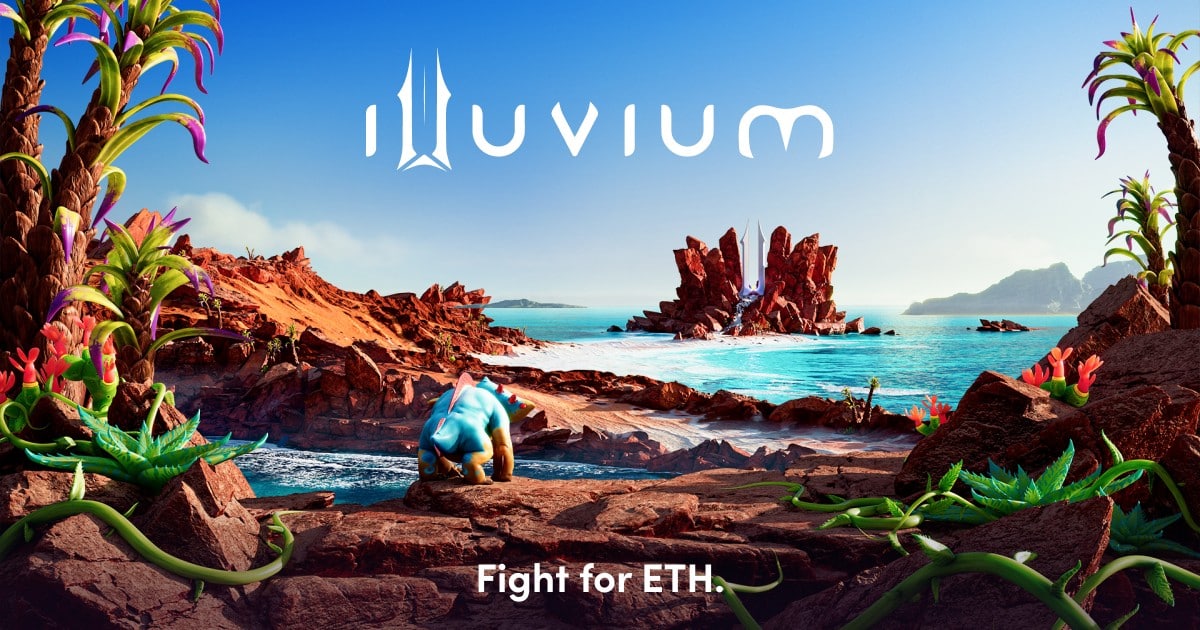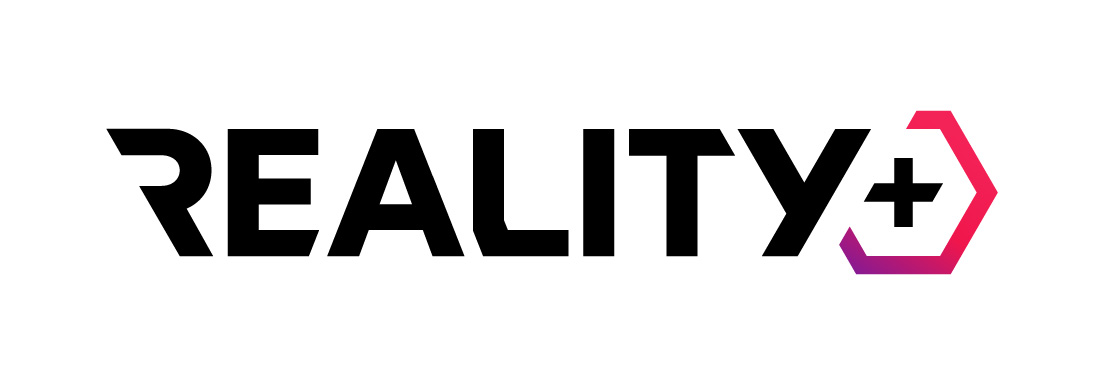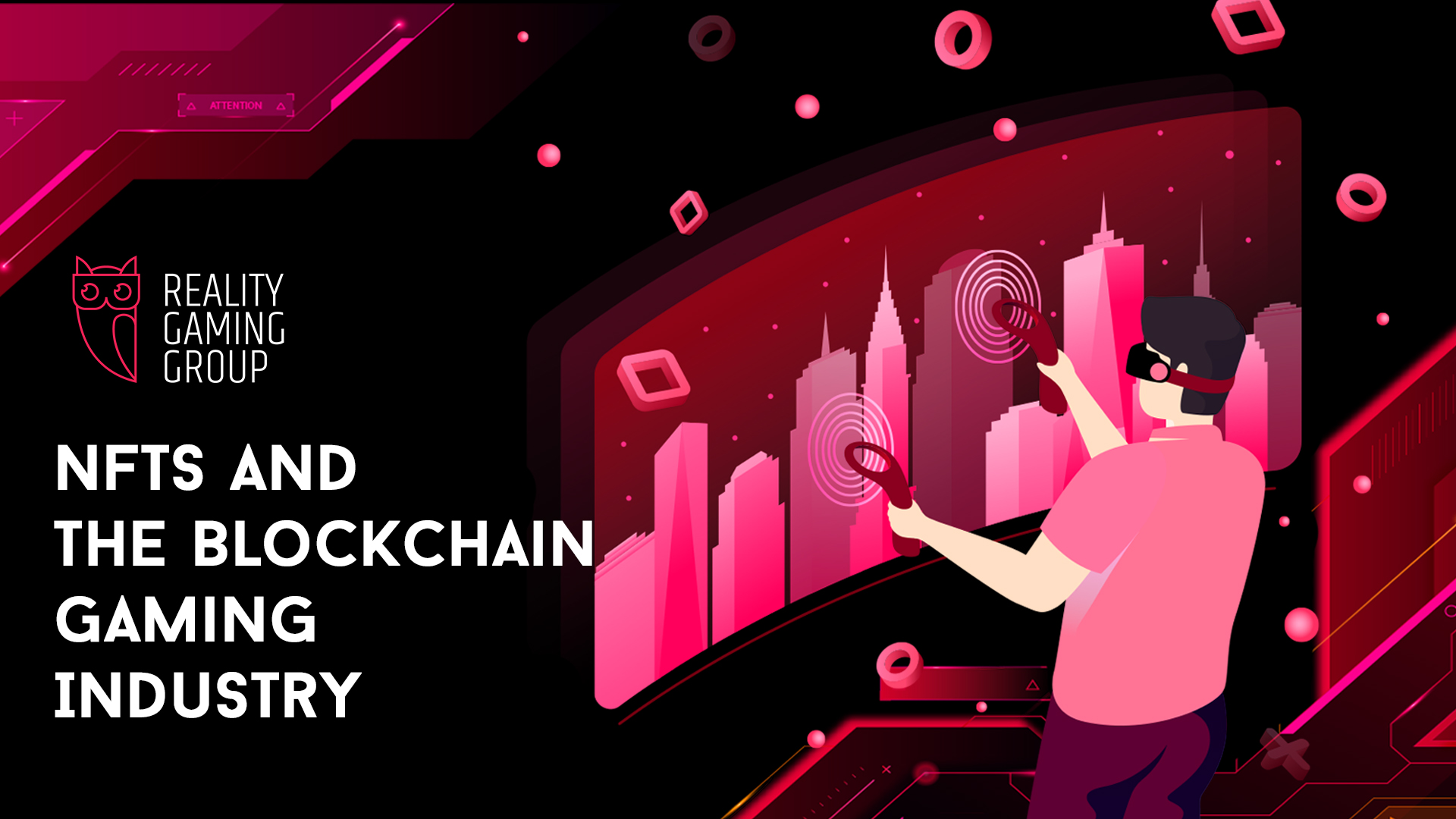NFTs are a new type of digital asset, which are by definition non-fungible.
Unlike regular cryptocurrencies which are interchangeable and constant in that one unit is just as valuable as any other, NFTs are entirely unique and cannot be substituted one for one with another NFT.
This property is enabled by blockchain technology, which allows for the creation of timestamped cryptographically unique digital tokens that have transparent provenance and can be easily proven authentic.
Since NFTs are stored on the blockchain and managed by smart contracts, they can be woven into decentralized applications and exchanged across peer-to-peer networks. They also have some programmability, which means they can be applied to a huge variety of use cases, many of which are still yet to be elucidated.
Here, we take a look at NFTs and their growing role in the digital collectibles and gaming industries.
How do NFTs Benefit Users?
Today, the vast majority of NFTs represent some form of speculative instrument. That is, people buy them with the expectation that they will appreciate in value over time. This is certainly the case with the most prominent NFT-based works of art, which have shown striking growth in recent years.
Although NFTs were primarily associated with digital works of art and crypto collectibles, they have also been adopted for a wide variety of use cases, and are quickly finding their way into a huge number of industries.
Recently, there has been a dramatic surge in so-called utility NFTs — that is, NFTs that offer some utility value, rather than being simply collectible or scarce. This includes:
- NFT-based digital identity solutions
- Tokenized files
- Digital derivatives positions
- Metaverse coordinates and digital land
- Copyrights and intellectual property certificates
- Membership to exclusive events or groups
- Digital fashion
- Music and other content
- Royalty agreements

Image: Decentraland — one of the first projects to support NFT-backed digital land
For businesses, NFTs represent a powerful new way to expand their operations into new frontiers, potentially unlocking new revenue streams, collaboration opportunities, and audiences. Whereas for consumers, NFTs represent not only a promising new asset class for investments, but also access to a burgeoning new ecosystem of blockchain-enabled products and the utility they bring.
Why is Every NFT Unique?
Many industries rely on provable rarity and authenticity to thrive — this includes the fine arts, gaming, collectibles, and events industries.
However, in the real world, the problem of counterfeiting, forgery, and cloning are rife, and cause tens of billions of dollars of lost revenue each year to the businesses they affect. This is largely because forgeries can be difficult to detect and because consumers don’t care enough to purchase authentic goods when a copy can almost completely replicate an original at a fraction of the cost.
With NFTs, this problem is eliminated, since NFTs simply cannot be duplicated. NFTs have a unique ID and hash associated with them and are time-stamped and stored on the blockchain, their provenance can be easily checked.
It is not possible to duplicate the exact properties of an NFT without seizing control of the blockchain on which it is based — a near impossible task. Likewise, if somebody were to accomplish such a task, duplicating an NFT would likely be the least of their priorities.
This makes them suitable for use cases where authenticity and provenance are paramount, such as for digital collectibles, artworks, and scarce items.
What Are Some Famous NFTs?
Since the launch of the very first NFTs collections in 2015, the industry has expanded at an incredible pace, and there are now thousands of different NFT projects — many of which are expanding the utility and awareness of this new technology.
In this time, several NFT collections have garnered an impressive reputation and now count among the most sought-after or well-known NFTs in existence.Some of these include:
AXIES: Critters from the ever-popular blockchain-game Axie Infinity, which arguably defined the play-to-earn genre and demonstrated the unique capabilities of NFTs in the gaming industry. The game reached a market capitalization in excess of $30 billion and became the first blockchain game to break $2 billion in all-time NFT trading volume.
CryptoKitties: Both famous and infamous. CryptoKitties demonstrated the latent demand for NFT-based games and was met with explosive growth following its launch in 2017. It grew to such a degree that it almost crashed the Ethereum blockchain and at one time was responsible for ~4% of all Ethereum transactions.
Everydays: The First 5000 Days: Created by the world-renowned NFT artist Beeple, this piece, known as “Everydays: The First 5000 Days” sold for a whopping $69.3 million at the prominent British auction house Christie’s earlier this year. It remains by far the most expensive NFT ever sold.

Image: Beeple’s Everyday: The First 5000 Days
CryptoPunks: One of the first major NFT avatar art collections. Created by Larva Labs, CryptoPunks have become some of the most highly sought-after NFTs and frequently sell for six or seven figure sums. The most expensive Punk (a rare Alien Punk) sold for a staggering $11.7 million in a June 2020 auction.
Decentraland: The open-world 3D blockchain game became one of the first games to introduce the concept of NFT land parcels, allowing users to own an area in a virtual space, and fill it with their art, services, and creations. Since then, the concept has been opted by dozens of other games, but none have achieved the same level of success.
How do Games Benefit From NFTs?
NFTs have recently gained significant traction as a result of their rapidly growing integration within blockchain-based games.
Nowadays, there are hundreds of games that leverage the unique properties of NFTs to offer previously impossible gameplay mechanics. Most prominently, this includes the capacity to support truly player-owned items.
By representing in-game assets as NFTs and then allowing players to purchase, win, or earn these NFTs, games can offer assets that not only have utility within the game (such as weapons, upgrades, avatars, and more) but can also be traded among players.
Conversely, traditional games feature an overly one-sided economy, game publishers sell their content to players, who are then unable to resell their purchases. This has led to the formation of dubious black markets around certain games, where players (or employees) attempt to bypass restrictions and a monopoly on these assets to generate revenue from their in-game activities.
NFTs open up this economy, allowing players to derive real value from their efforts while opening up a wide array of new revenue streams for the game developers — such as through P2P trading commissions, NFT loot boxes and booster packs, in-game taxes, token emissions, and more.
Because of this, NFT games are able to generate a lot more value per player than regular games, with a single player potentially generating thousands of dollars in revenue for the developers — depending on the monetization routes and popularity of the game. Many popular NFT games now have an entry barrier in the hundreds to potentially thousands of dollars, and yet still remain popular due to the value they provide to players.
But more than this, through the use of NFTs, game developers can introduce full-fledged peer-to-peer marketplaces, support the assets for other games, and enable tokenized player-created content with ease, revealing new ways to interact with players, monetize the game, and boost longevity.
Which Games Utilize NFTs?
In the last year, we have seen a dramatic uptick in the number of blockchain games that feature NFTs as part of their design.
In total, there are now hundreds of different NFT-enabled games, many of which clock in tens of thousands of daily active users, while the largest of these can see upwards of 100,000 weekly active players.
Many of these games fit into the play to earn (P2E) niche, which means they allow players to earn real-world revenue by playing the game — such as through rewards for winning battles, progressing through the game’s story, or completing certain achievements.
For obvious reasons, these have quickly grown to become the most popular type of blockchain game, and while the quantity of these games is increasing dramatically, so too are the few that push the envelope when it comes to quality.

Image: Illuvium — one of the first AAA-grade blockchain games
This year, some of the most widely anticipated NFT-enabled games have been developed, this includes the likes of Illuvium, Star Atlas, My Neighbor Alice, Alien Worlds, and Mines of Dalarnia. Together, these games are widely expected to help deliver the unique properties of NFTs to a wider audience.
While many games used NFTs for purely cosmetic items and collectibles, others are now beginning to leverage their unique properties for more ambitious use cases, like in-game land, player-created experiences and assets, cross-over items, avatars, mining rights and more.
With the NFT gaming space increasingly gaining mainstream attention and major brands beginning to experiment with the technology, it’s looking likely that the utility and capability of NFTs are still set to see considerable growth in the months and years ahead.
About Reality Gaming Group
Reality Gaming Group is an award-winning developer and publisher of blockchain-based games, NFT digital collectibles and bespoke marketplaces for global brands. Key releases via the Reality Studios publishing label include Doctor Who: Worlds Apart, Smighties Universe, Reality Clash and Emojibles. Reality Gaming Group’s Digital Asset Trading (DAT) Platform is also available for license by third parties, enabling the creation of fully-managed NFT experiences across multiple content types. The Reality Gaming Group leadership team has more than 20 years’ experience across Mobile, PC, Console, AR and VR games. The company is listed as a Top 50 blockchain games publisher by industry bible BlockchainGamer.biz


